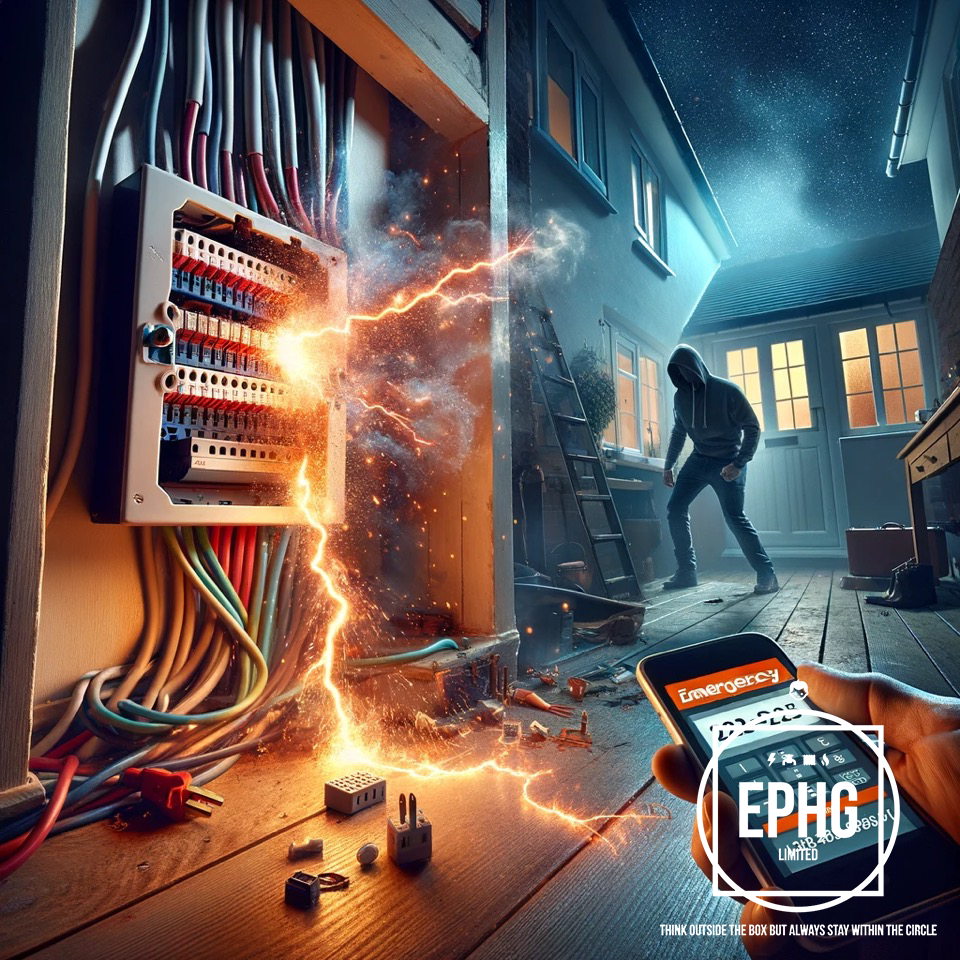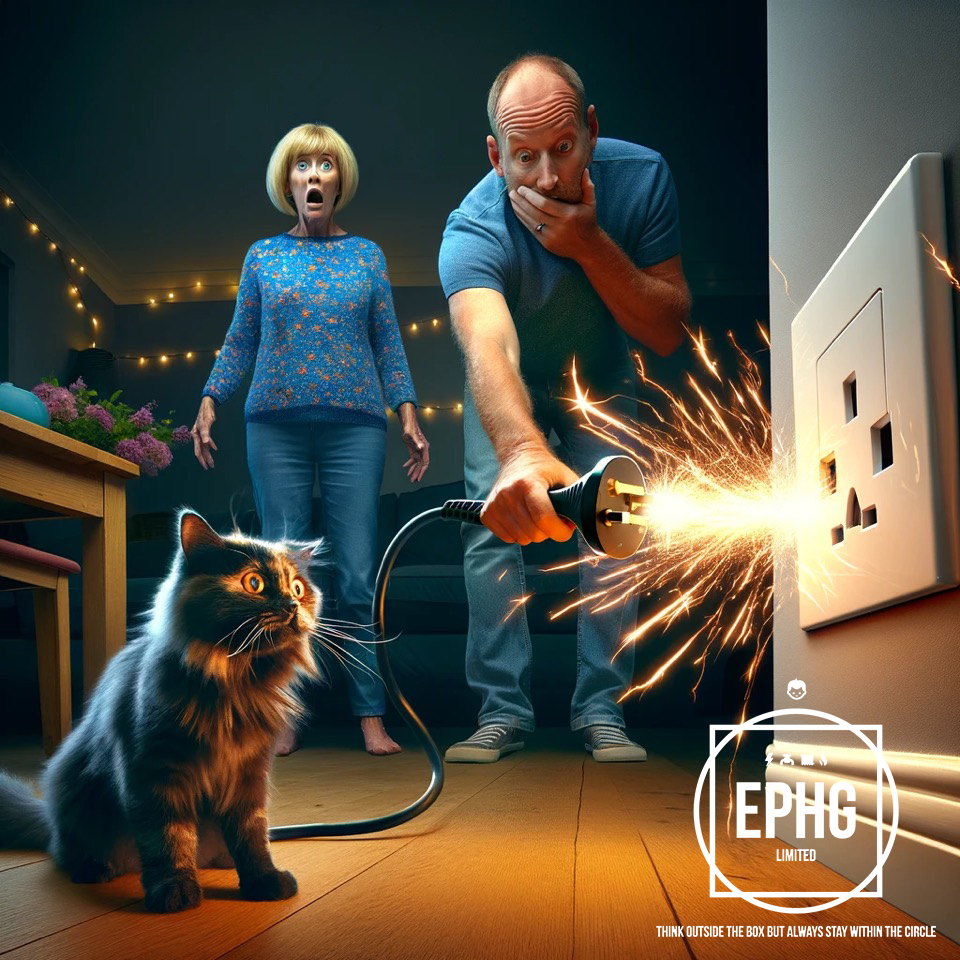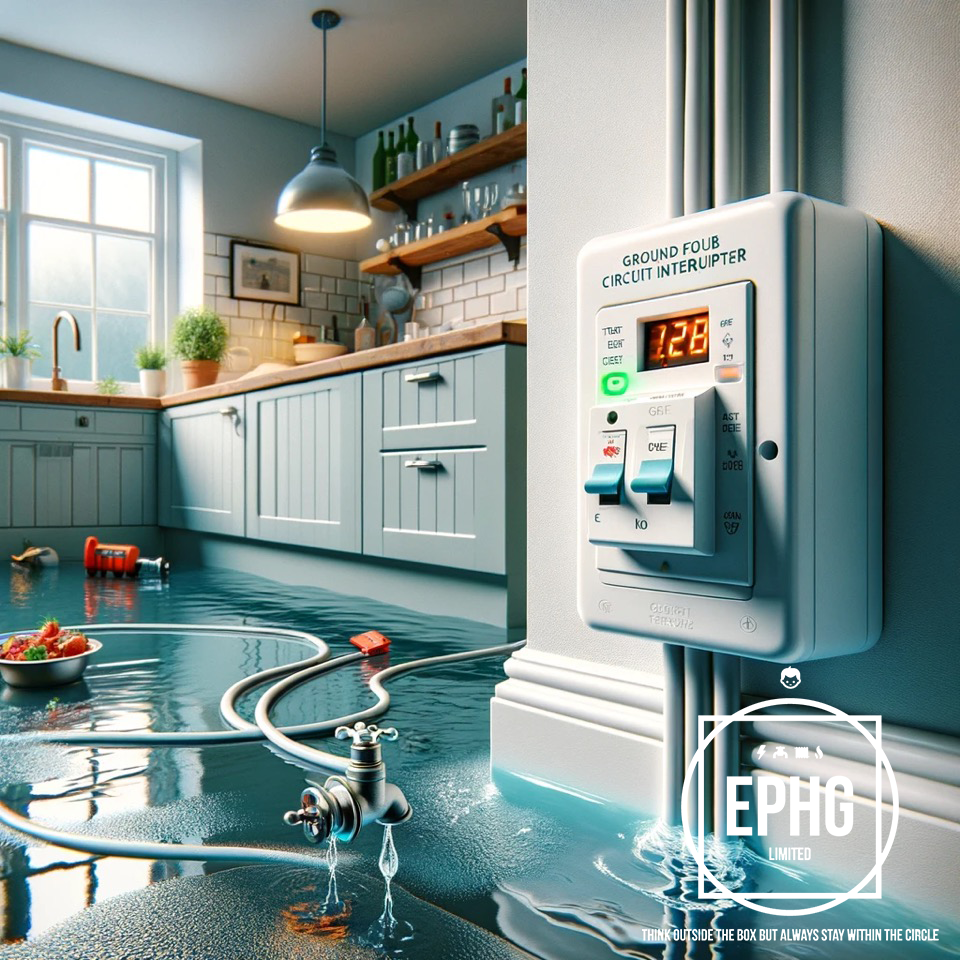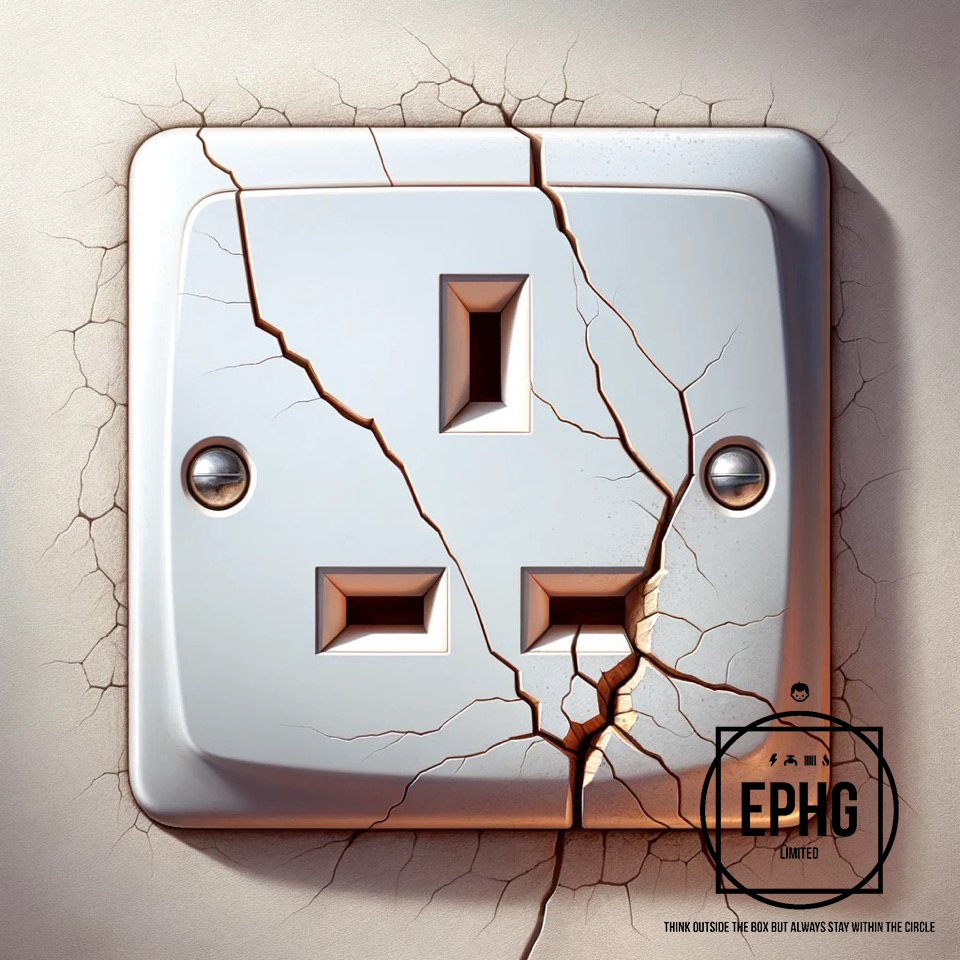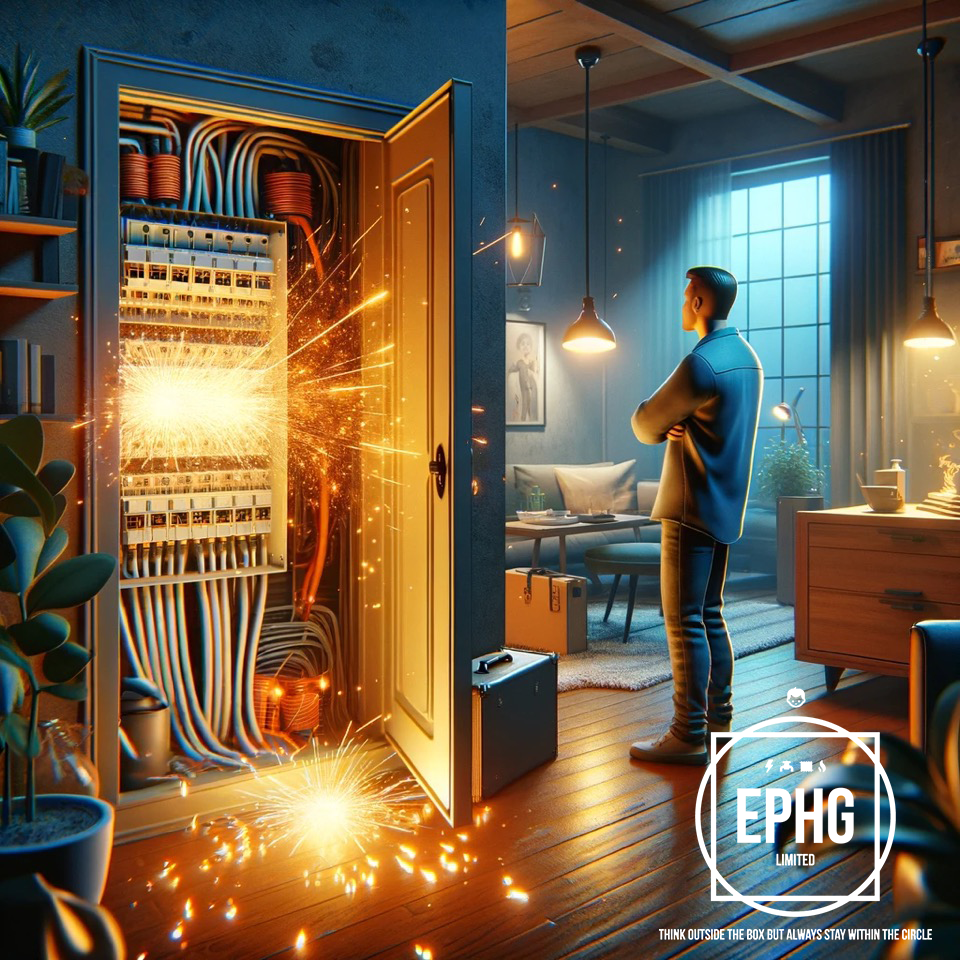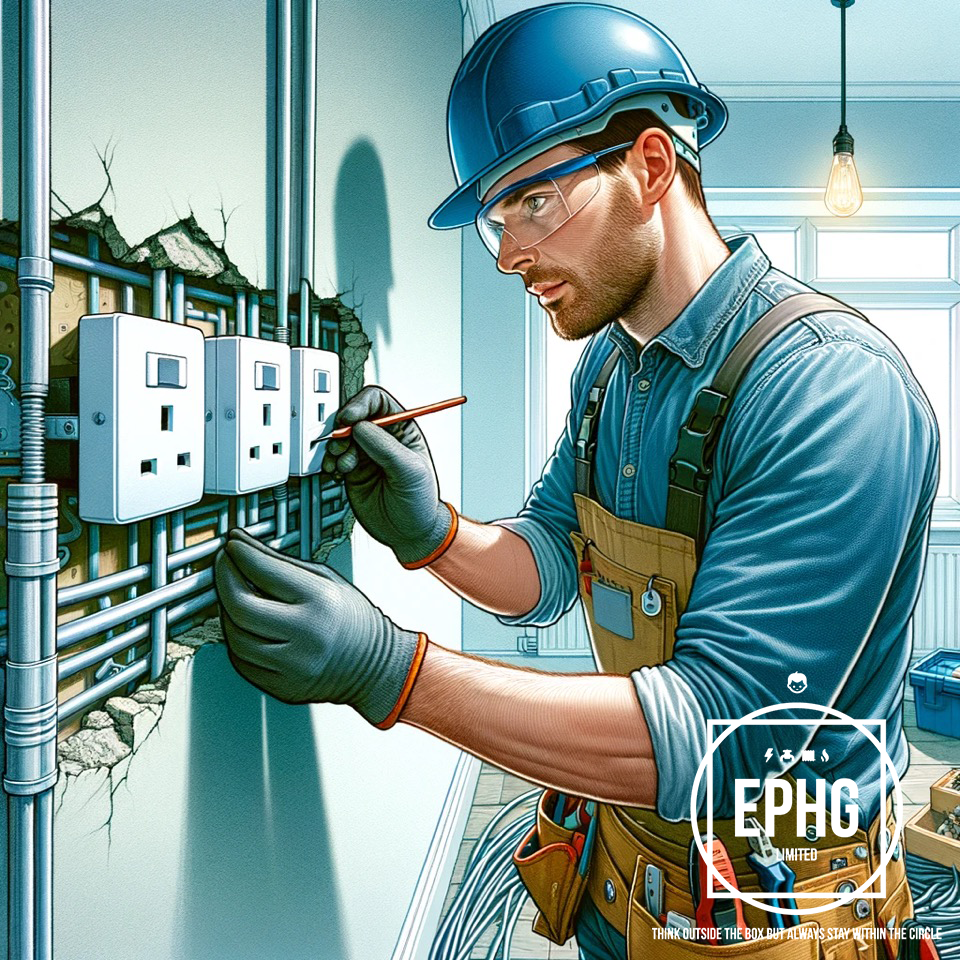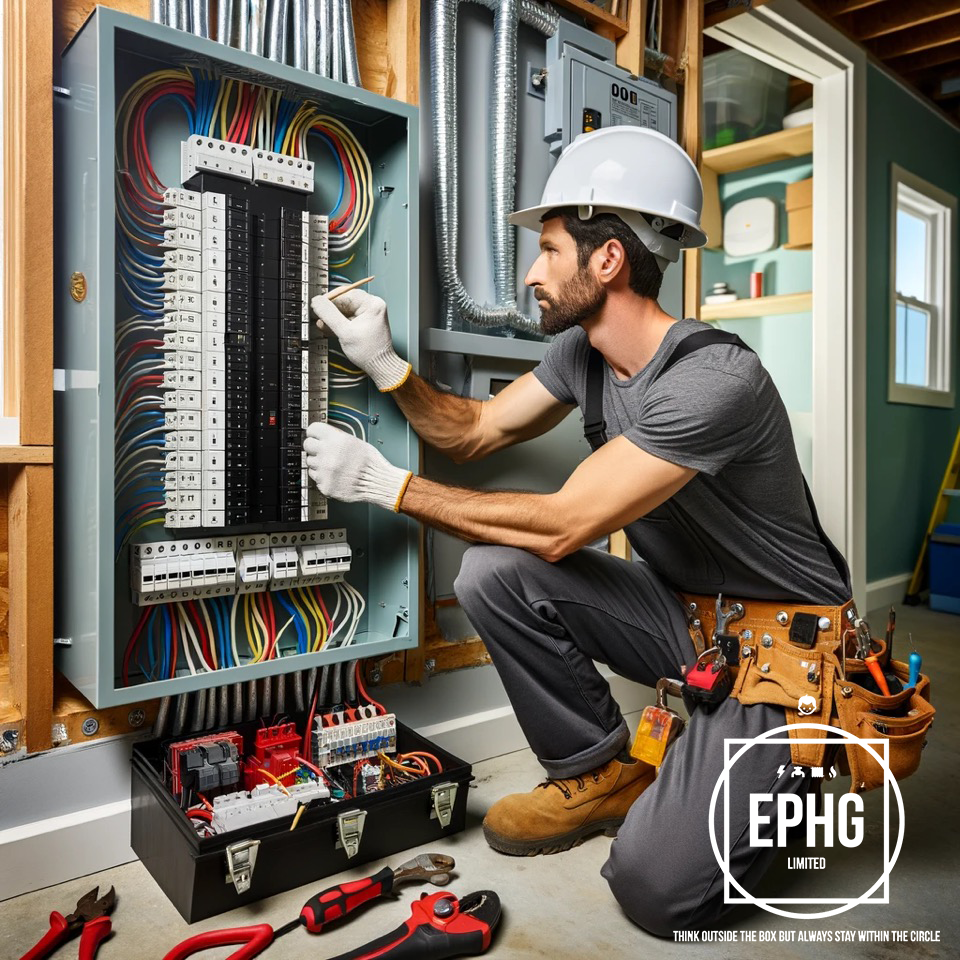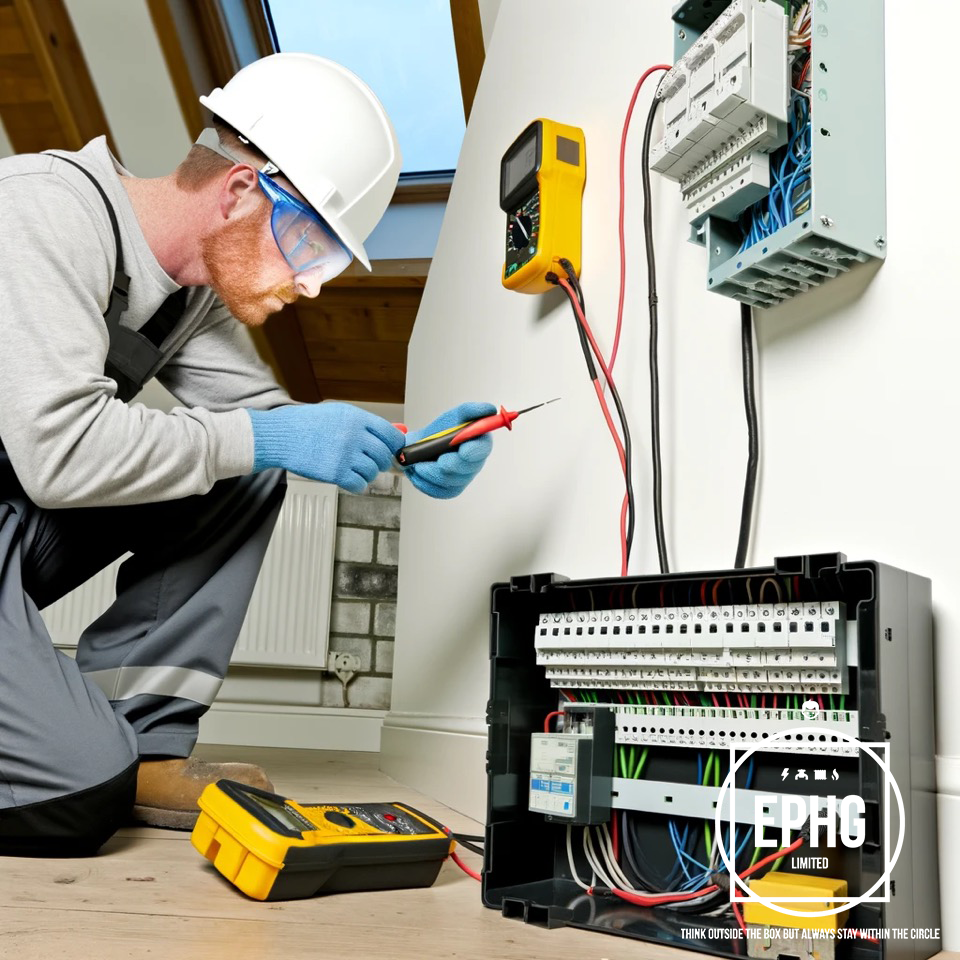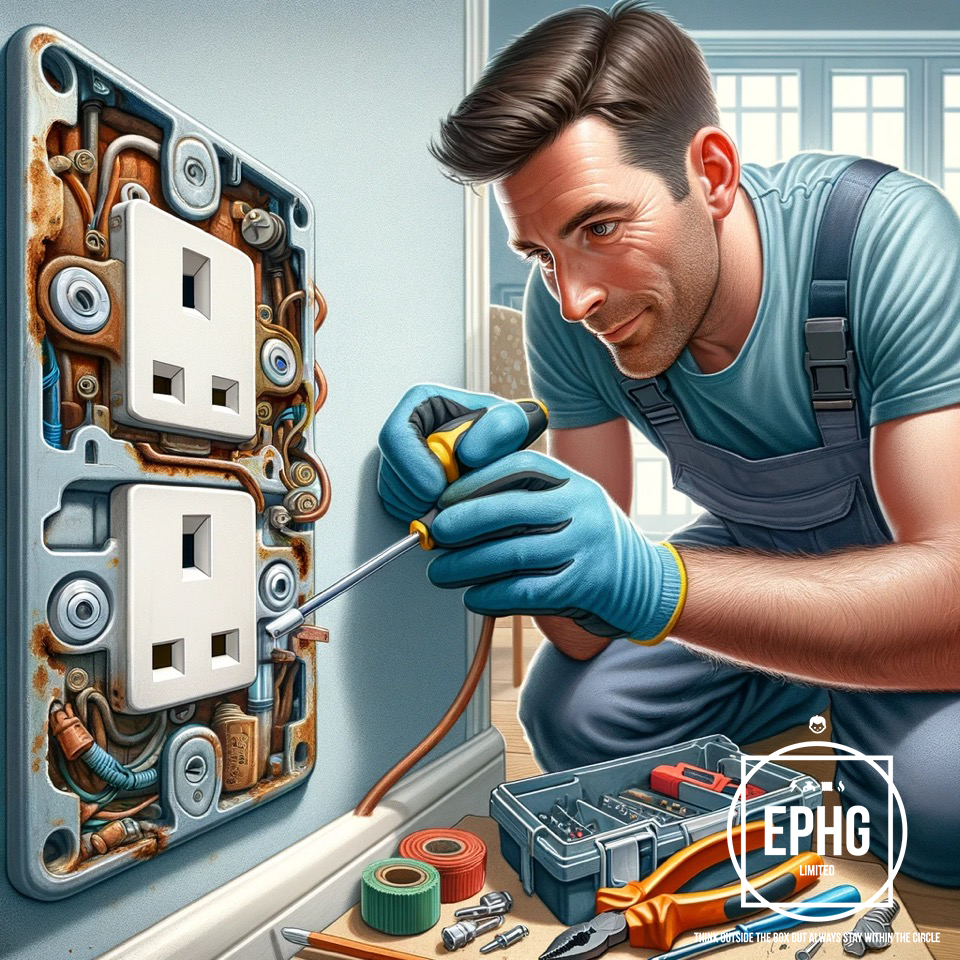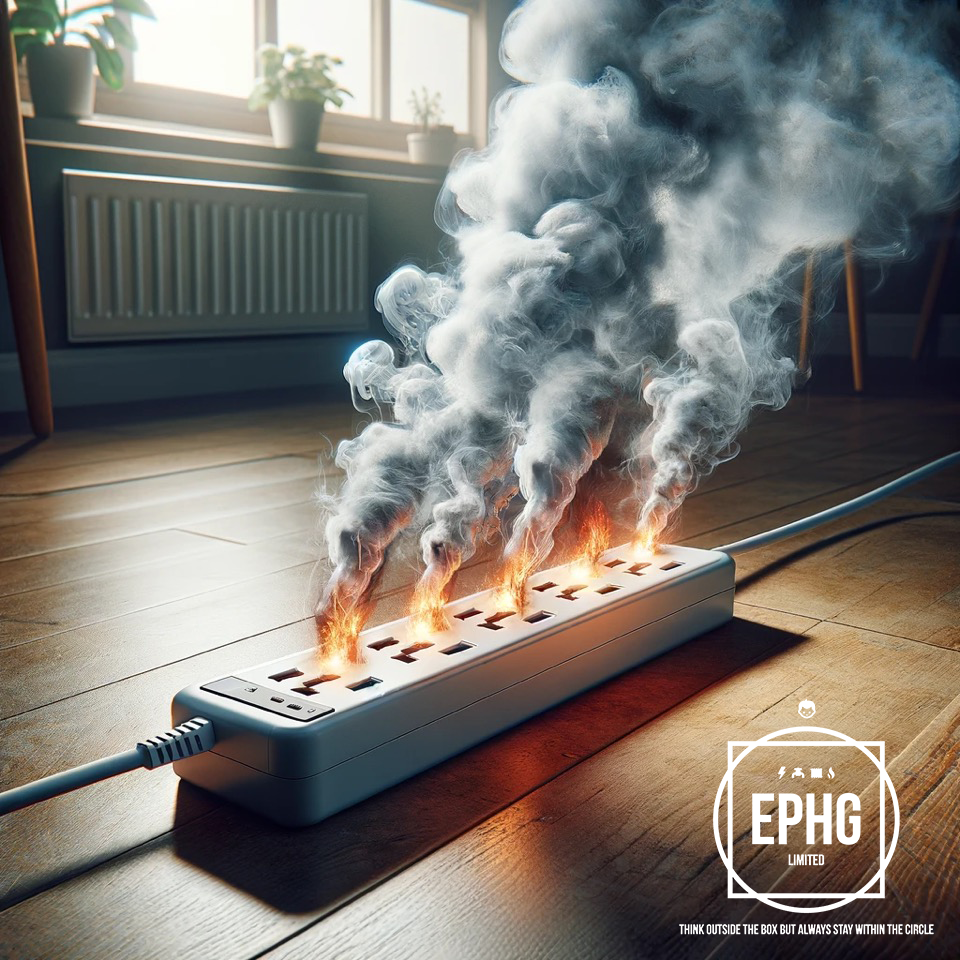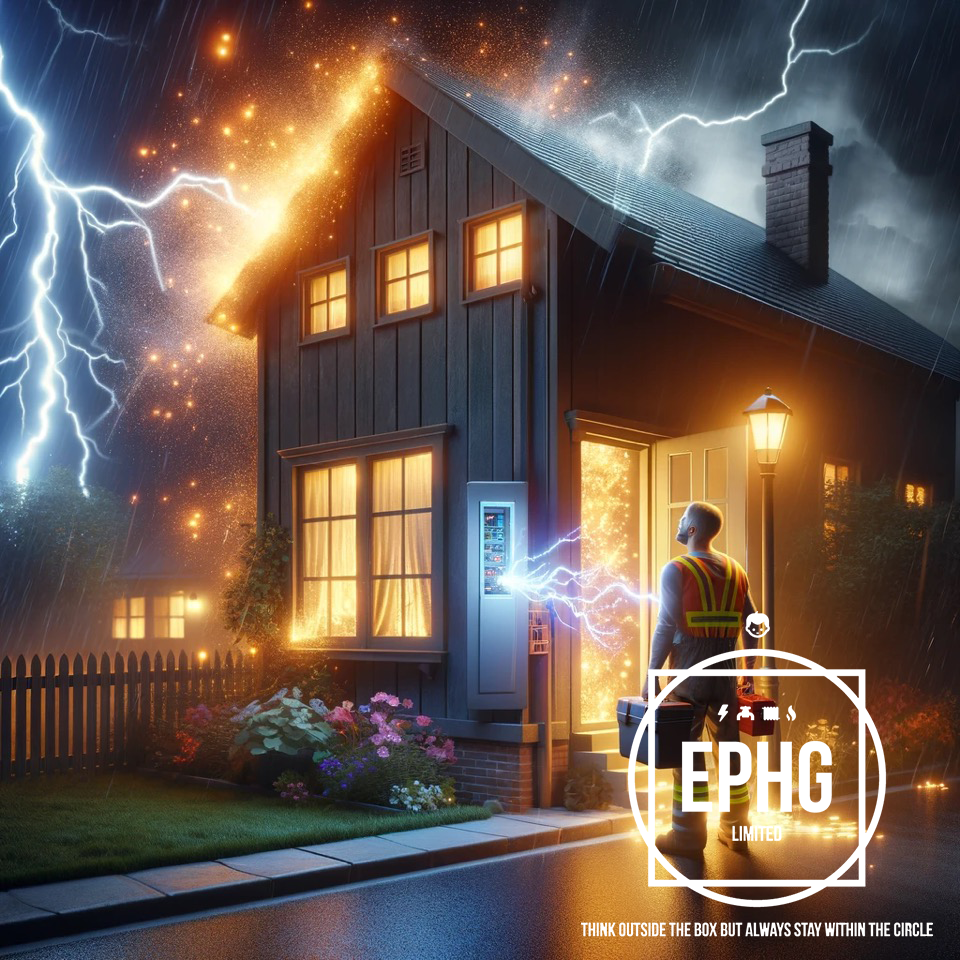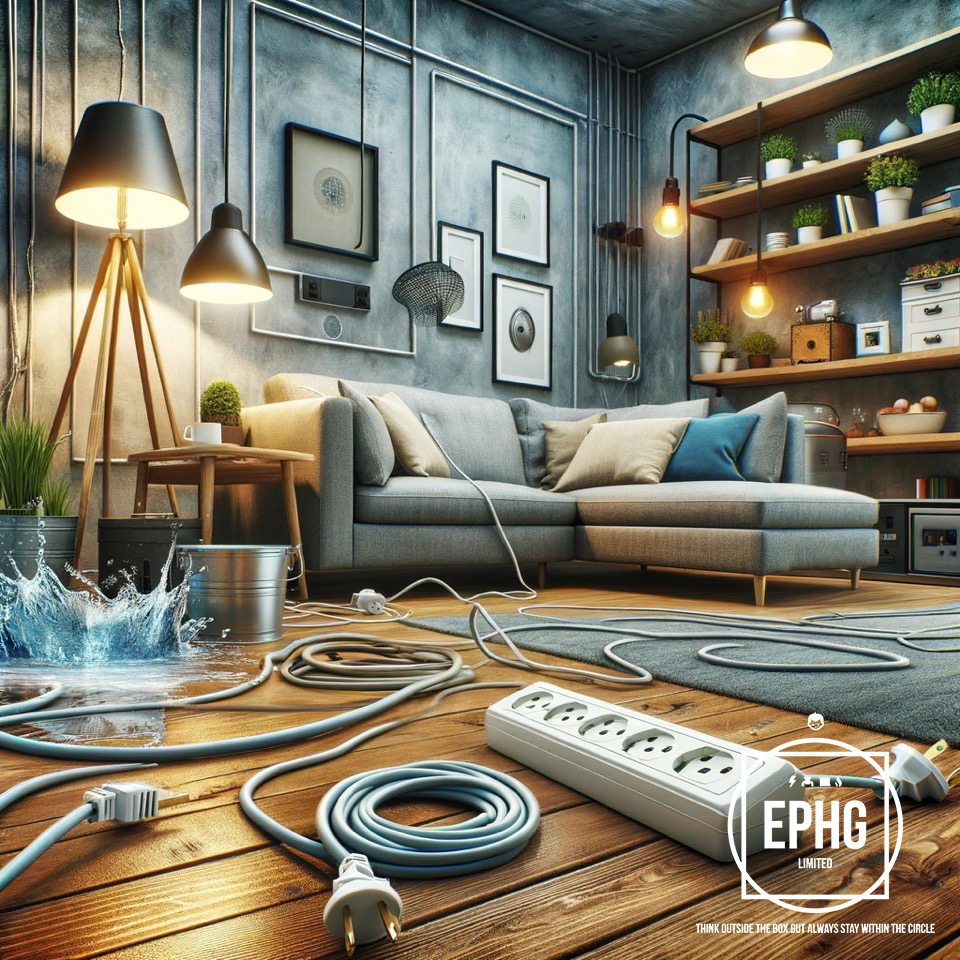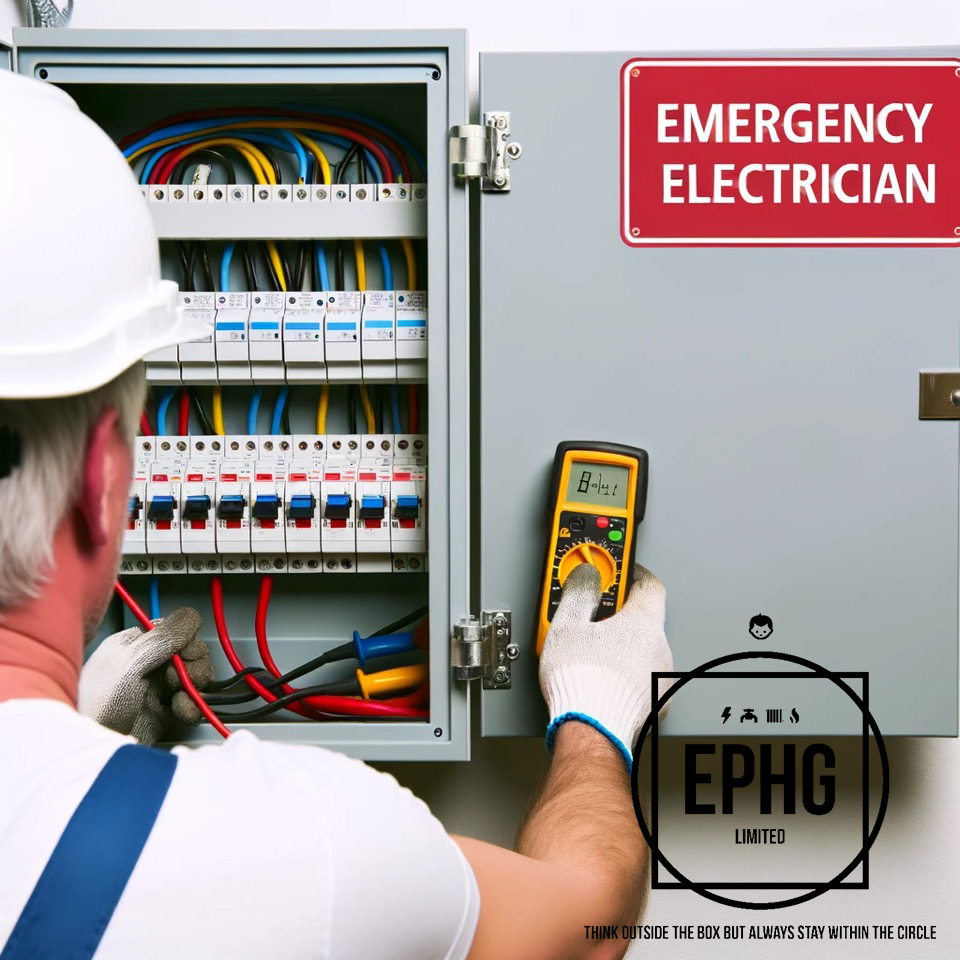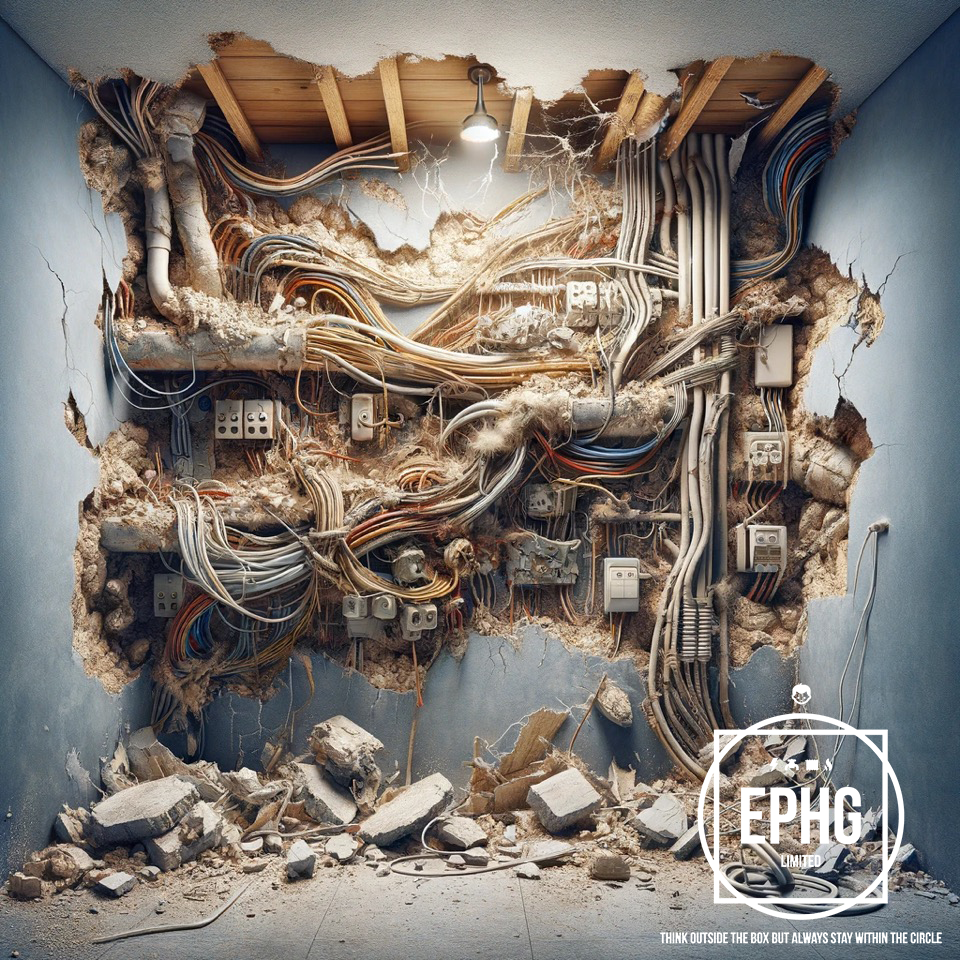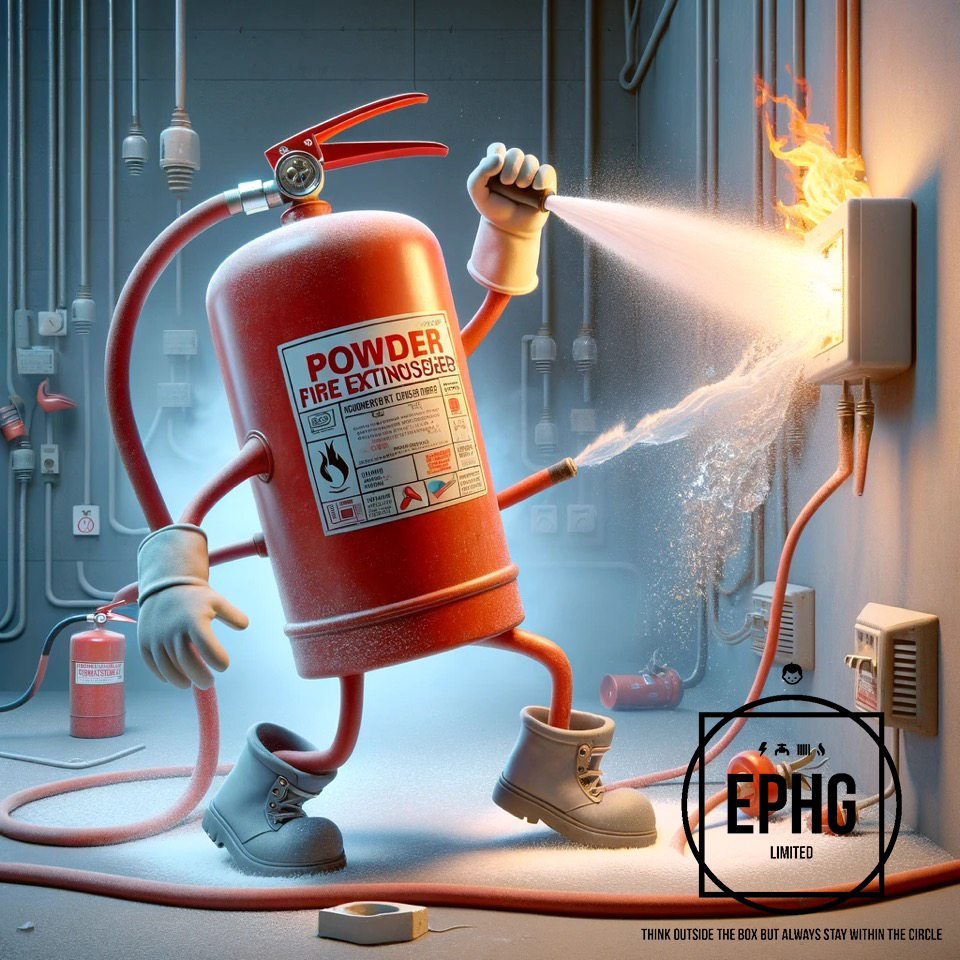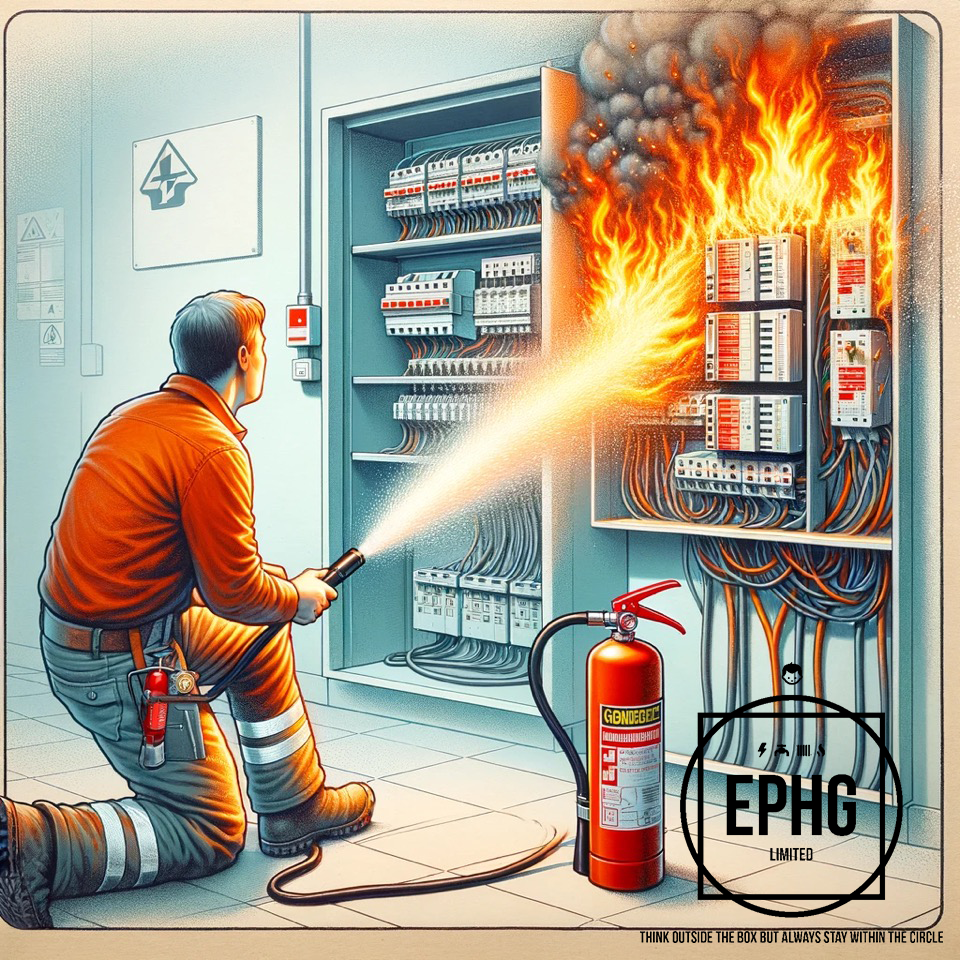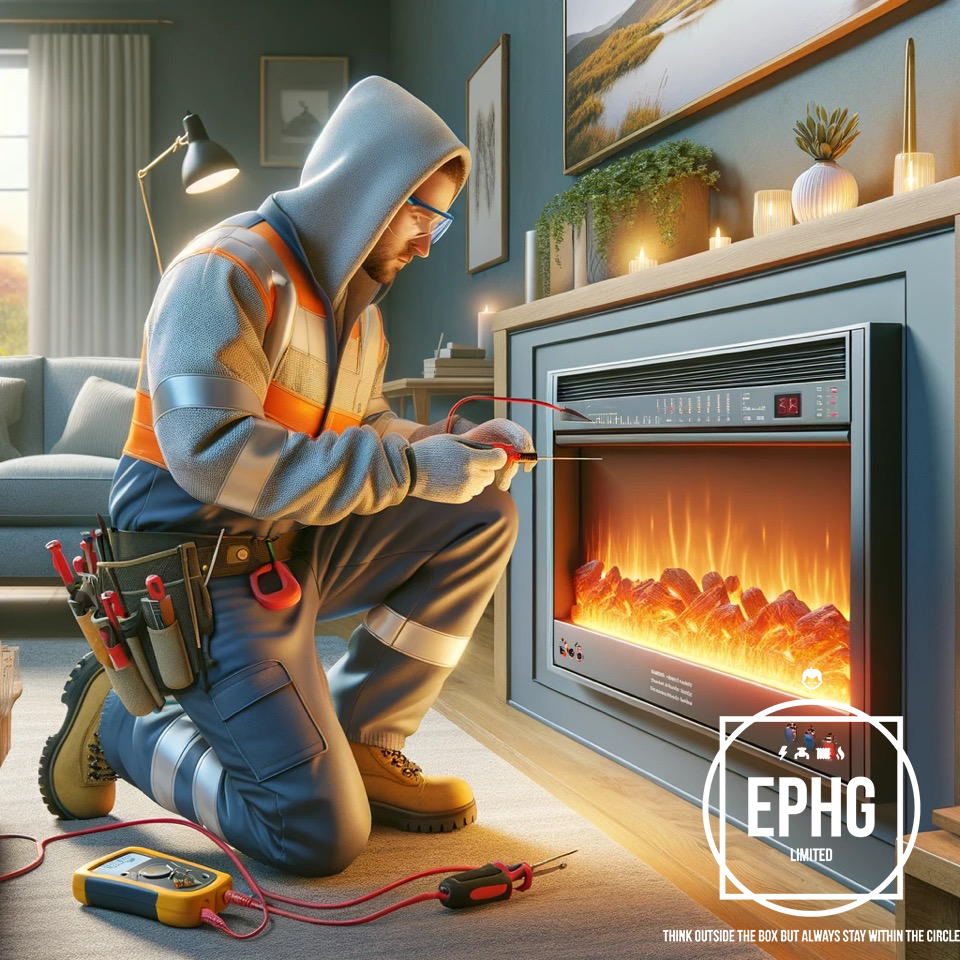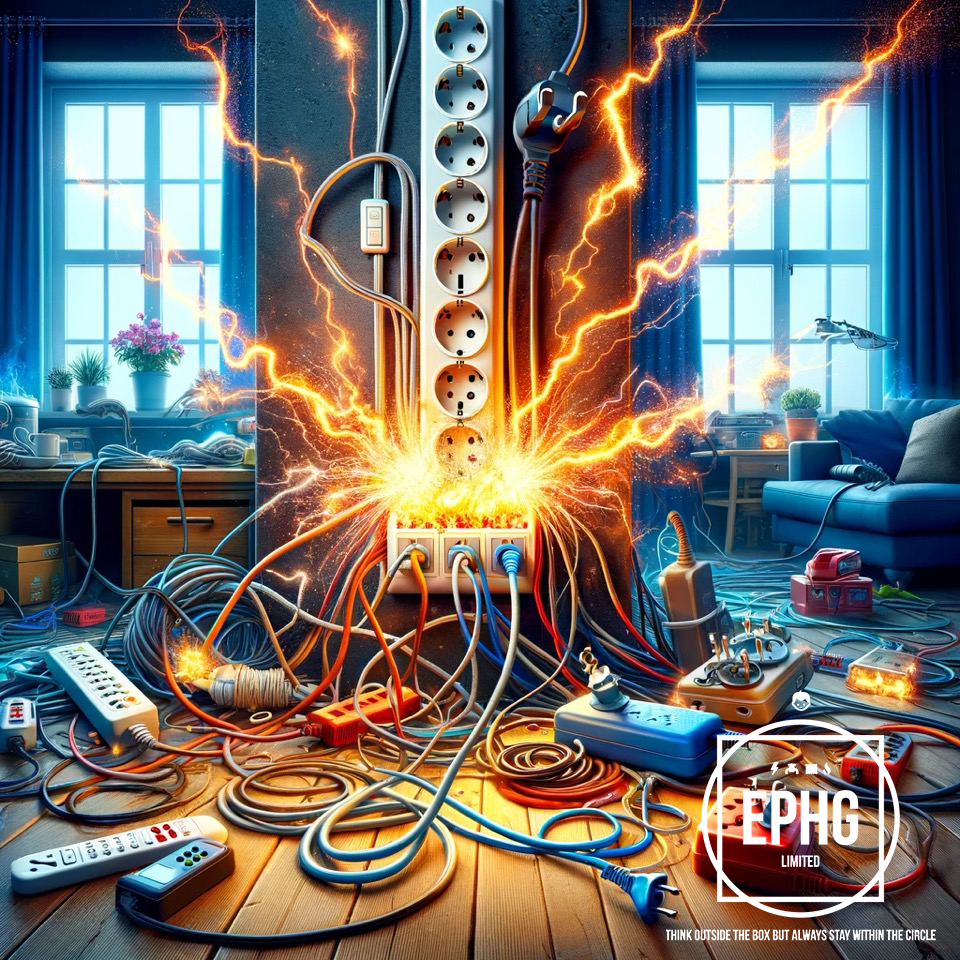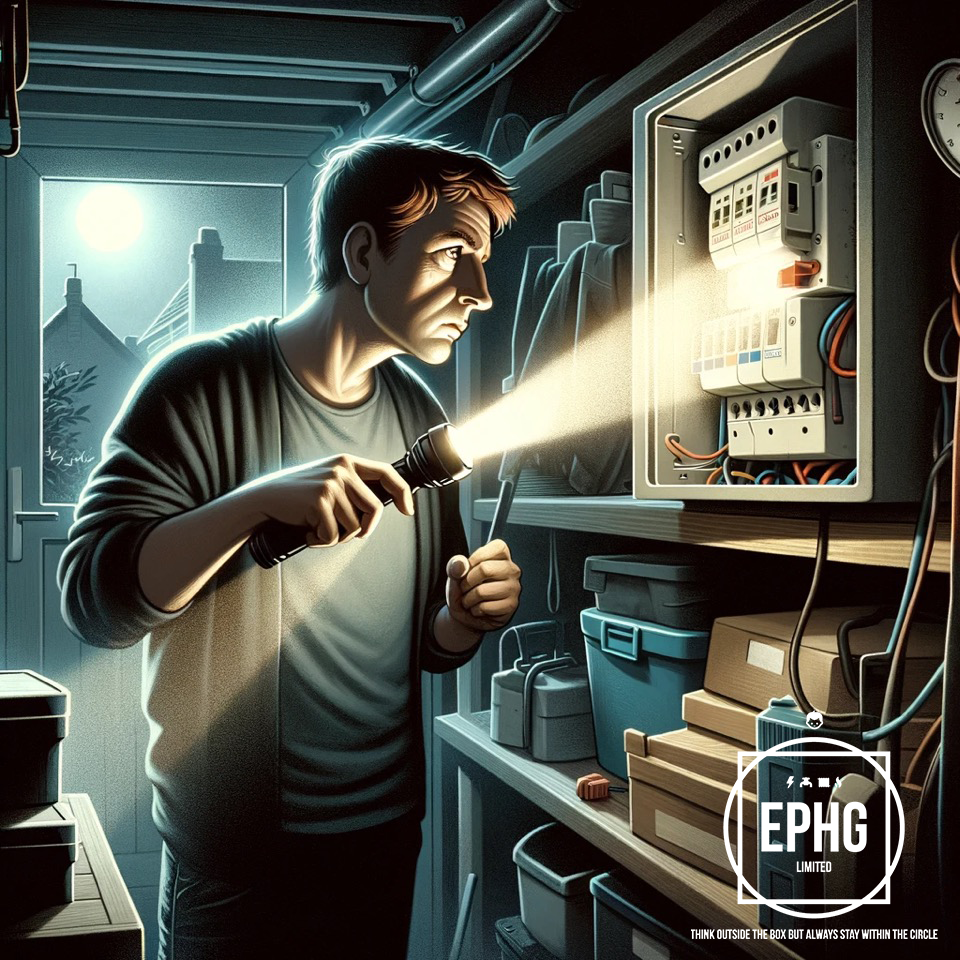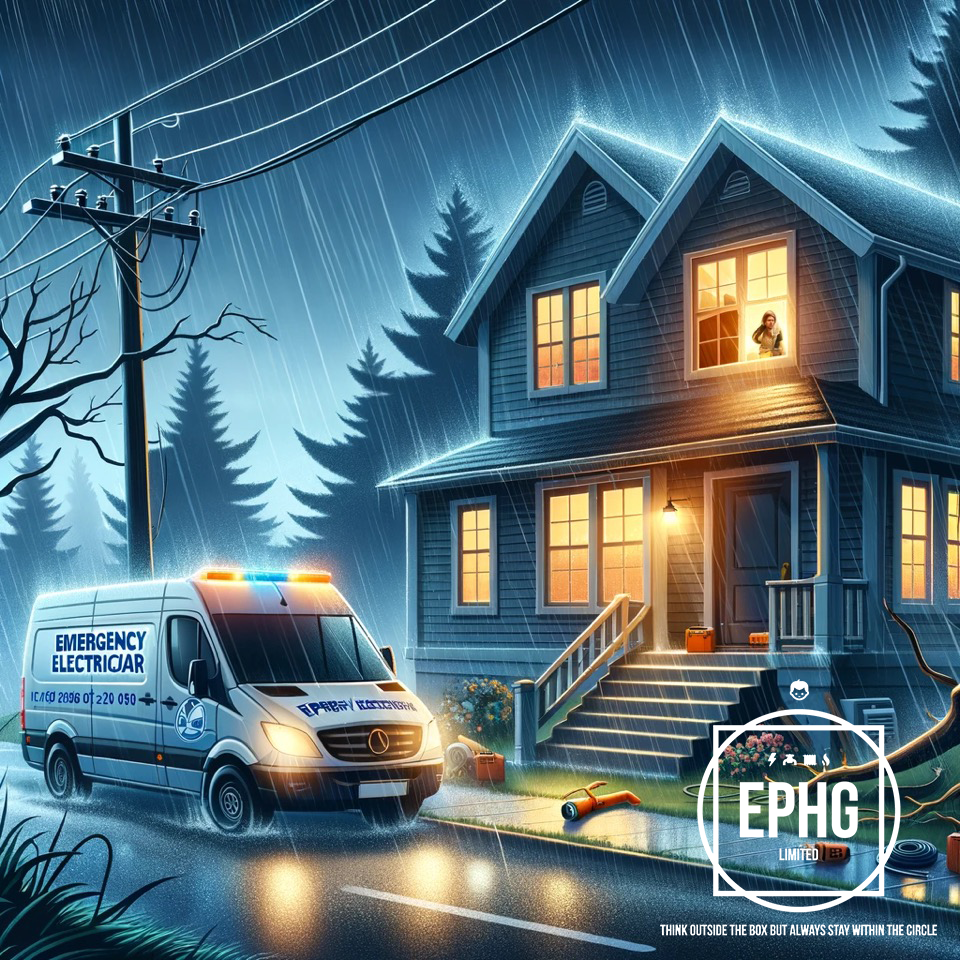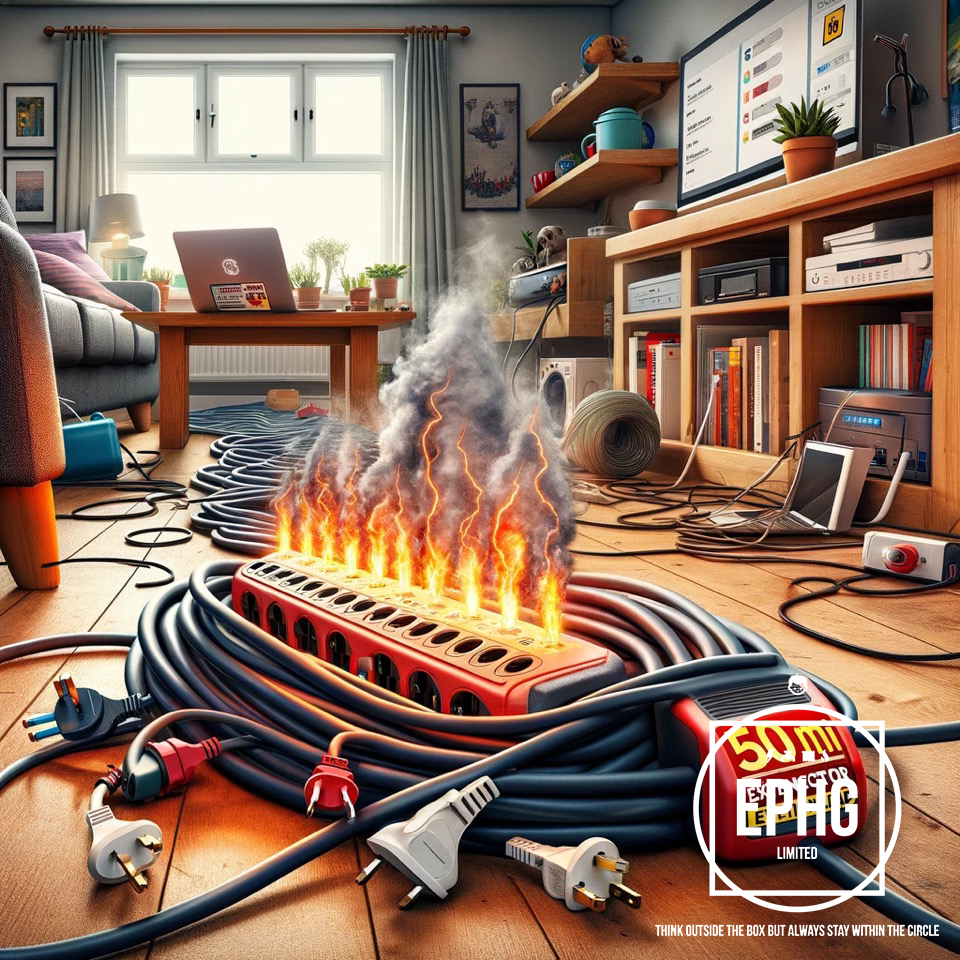

The Dangers of Overheated Wires and the Need for an Emergency Electrician
Overheated wires within an electrical system pose significant risks, including the potential for electrical fires, appliance damage, and serious injury. Understanding how wires become overheated, recognizing the signs, and knowing when to call an emergency electrician are crucial steps in maintaining a safe home environment. This article delves into the causes of overheated wires, the dangers they present, and the critical role of emergency electricians in mitigating these risks.
Causes of Overheated Wires
Several factors can contribute to wires becoming overheated, leading to dangerous conditions:
- Overloading Circuits: When too many devices or appliances are connected to a single circuit, it can draw more current than the wires are designed to handle, causing them to overheat.
- Faulty Wiring or Connections: Poorly installed, damaged, or aged wiring can lead to inadequate connections, increasing resistance and generating excess heat.
- Short Circuits: A short circuit occurs when electrical flow takes a path outside the intended circuit, often due to damaged insulation or wiring, leading to rapid overheating.
- Inadequate Wiring: Using wire that is not the correct gauge (thickness) for the current it carries can cause the wire to overheat under normal electrical loads.
Dangers of Overheated Wires
The dangers associated with overheated wires should not be underestimated:
- Electrical Fires: One of the most severe risks is the potential for electrical fires. Overheated wires can ignite surrounding materials, leading to fires that can quickly spread throughout a property.
- Appliance Damage: Overheated wires can also cause damage to connected appliances and devices, potentially ruining expensive equipment or necessitating costly repairs.
- Electrical Shocks: There is an increased risk of electrical shocks when dealing with overheated wires, which can be life-threatening in severe cases.
Recognizing the Signs of Overheated Wires
Early detection of overheated wires can prevent many of the dangers they pose:
- Discoloration of Outlets or Switches: A telltale sign is the discoloration or scorch marks on outlets or switches, indicating excessive heat buildup.
- Burning Smells: An acrid smell similar to burning plastic can indicate wire insulation overheating.
- Flickering Lights: Lights that flicker or dim unexpectedly can signal issues with overheated wires.
- Warm or Hot Outlets: Outlets or switch plates that feel unusually warm or hot to the touch are clear indicators of underlying issues.
When to Call an Emergency Electrician
If you suspect your home has overheated wires, it’s critical to act quickly:
- Immediate Signs of Danger: If you notice any signs of smoke, burning, or excessive heat from electrical devices, cut power to the affected area and call an emergency electrician immediately.
- Persistent Issues: For ongoing issues like flickering lights or warm outlets that don’t have an immediate danger, scheduling a visit from an electrician as soon as possible is still important.
- After DIY Projects: If overheating issues begin after attempting DIY electrical work, it’s crucial to get professional help to correct any mistakes and ensure safety.
Conclusion
Overheated wires are a serious concern that can lead to damage, injury, or even loss of life if not addressed promptly. Understanding the causes and signs of this issue is the first step in prevention. However, when problems arise, contacting an emergency electrician is the safest and most effective way to resolve the issue and protect your home and loved ones from potential dangers. Regular inspections and maintenance by qualified professionals can also help prevent overheating issues before they start.
